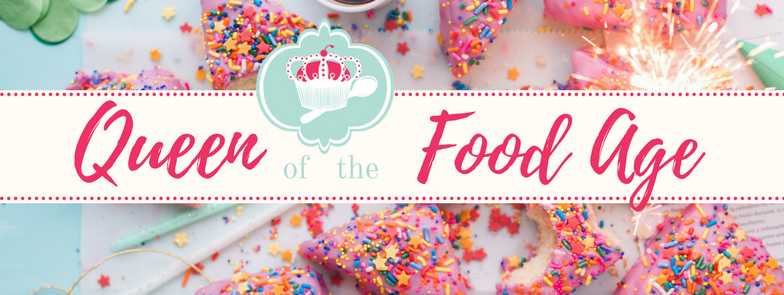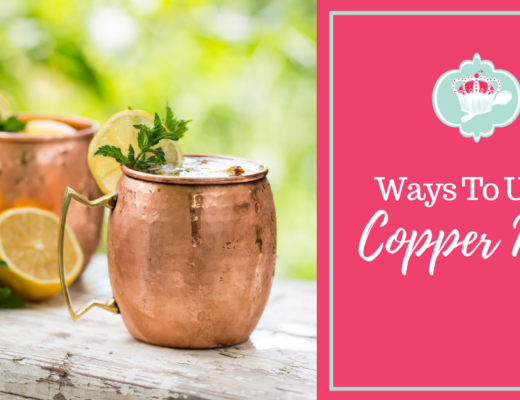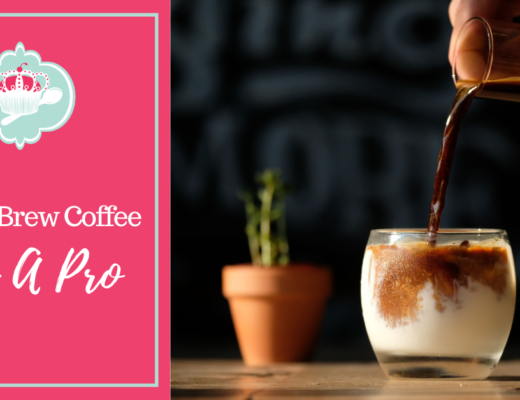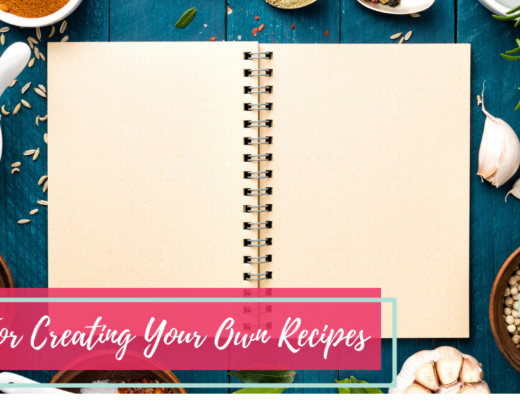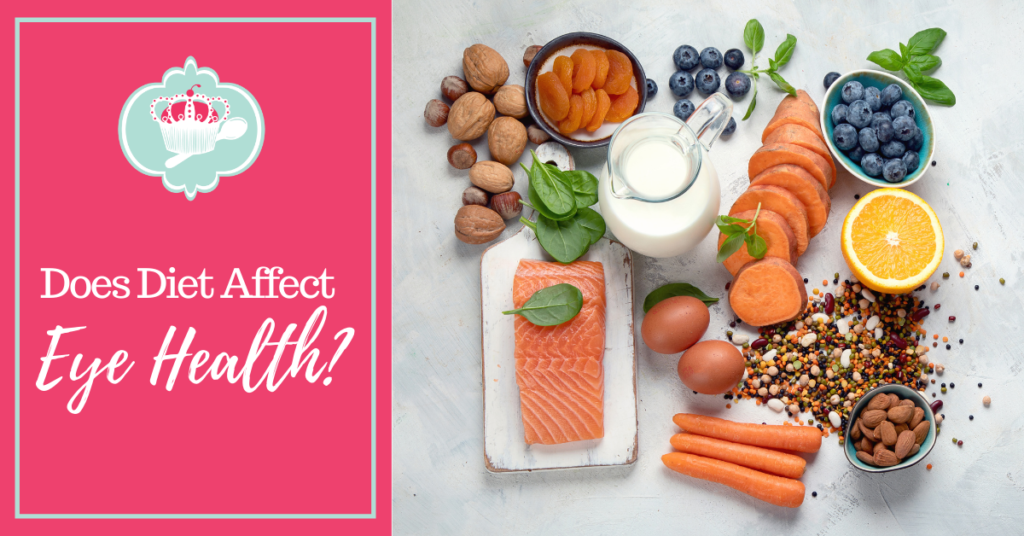
In general, everyone knows that your diet plays an essential role in your overall health. Eating a well-balanced diet helps with sleeping patterns, gives you more energy, and prevents physical health problems such as diabetes or heart disease. These aspects of a diet are commonly talked about, but did you know that your diet affects your vision as well?
As you age, your eyes and vision are susceptible to change. Just as your muscles tend to become weaker as you get older, so do your eye muscles. The muscles that control the pupil size and reaction to light lose strength, making it harder to see. Similarly, the function of cells in the retina decline over time, decreasing the ability to see brighter colors. Along with the function of the eyes changing over time, diseases such as macular degeneration, glaucoma, diabetic retinopathy, or cataracts can come about. Fortunately, changes in diet can prevent the onset of such occurrences.
Listed below are a few food categories and vitamins that will make a positive impact on your vision:
Omega-3
Research shows incorporating omega-3’s into your diet can help protect against macular degeneration, dry eye, and glaucoma. While this fatty acid is essential for humans, the body does not naturally make them. Because of this, it is key to eat foods that are high in omega-3’s. As you’re grocery shopping, don’t forget to throw some fish, chia seeds, walnuts, or soybeans (among many other options) in your shopping cart!
Carotenoids
From a young age, you are told that fruits and vegetables are a key component of your diet. Carotenoids are a naturally occurring pigment found in those vital foods, acting as an antioxidant. Two carotenoids that play a specific role in the health of your vision are lutein and zeaxanthin. These pigments protect the eyes from unstable molecules that aid in the development of diseases. Foods that are high in carotenoids are kale, spinach, yams, bell peppers, and cantaloupe.
Vitamin A
Vitamin A is important for a number of things in the body like reproduction and the immune system. When it comes to your eyes, Vitamin A is key to healthy vision as it is essential for eye development and maintaining good eyesight. Eating foods like sweet potatoes, beef liver, pumpkin, and spinach will prevent your eyes from drying out, as well as give you the ability to see in low light conditions.
Vitamin C
Vitamin C gets a lot of attention surrounding immunity, but what many people aren’t aware of is its role in making collagen. Collagen is a protein that is found in the eye, giving it its structure. Without this essential vitamin, the eye is potentially at risk of developing cataracts. To avoid cloudy eyes and hazy vision, consider incorporating more foods with Vitamin C into your diet. Some foods that are rich in Vitamin C are citrus fruits, broccoli, brussels sprouts, and peppers.
It’s important to know that diet and lifestyle changes can only take you so far. While eating a nutrient-rich diet will help to prolong or prevent the onset of certain diseases, it’s imperative to reach out to medical professionals when your sight is impaired or in question. Along with diet changes, your doctor may recommend glasses to correct any vision problems. It’s common for people who wear eyeglasses to feel like their lenses aren’t doing the job anymore when things are looking blurry or you become prone to headaches. When this happens, take it as a cue that it’s time to purchase prescription-strength eyeglasses that improve your sight. Doing this might require another eye exam to keep up with your prescription changes.
Eating a well-balanced diet doesn’t have to be complicated. Including foods full of vital ingredients in each of your meals is a great way to make big changes for your health, especially for your vision. Simultaneously staying on top of your vision changes and making adjustments to your diet is the perfect recipe for good eye health.
